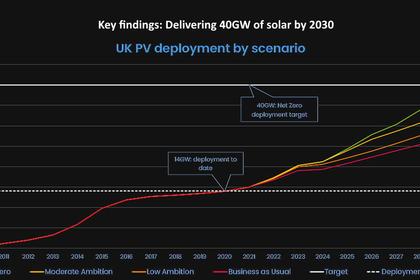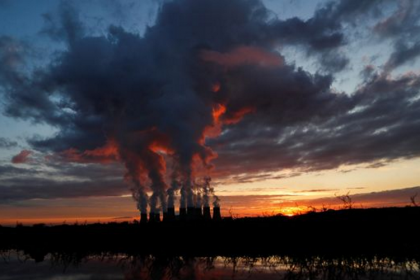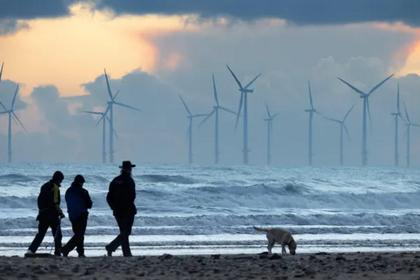
BRITAIN'S COAL UP

By MATTHEW OLNEY Content Manager Dyball Associates
ENERGYCENTRAL - Sep 7, 2021 - Soaring gas prices are no longer just impacting peoples wallets as National Gird was forced to turn to coal power plants to match the UK’s electricity needs and keep costs down.
Turning to Coal as Gas prices hit new record highs
Gas prices continue to hover around record highs as shortages in Europe and increased demand from Asia weigh heavily on global supplies. The pricing situation is now so bad that during times of reduced energy generation from the nation’s wind farms the National Grid ESO has had to turn to coal power stations to make up the shortfall.
In August the UK went just 3 days without any coal use being in the energy mix something that has raised eyebrows among critics of the government’s green energy and NetZero emissions targets.
Wind turbines are notoriously unreliable during periods of calm and still weather. Periods of warm and very cold weather create conditions where they may not function to the best of their capability.
The slump in wind output saw it fall to as low as 474 megawatts, compared to a record of 14,286 megawatts on May 21, as a three-day heatwave settled across much of the country.
As a result of the weather and gas prices, National Grid ESO turned to EDF and asked it to fire up the West Burton A power plant that was on standby. Since then, coal has been needed every day due to it being better valued than gas.
"In balancing the electricity system, we take actions in economical order and not on the basis of generation type. Depending on system conditions, some power sources may be better at meeting a balancing requirement than others - so the most cost-effective solution to ensure safe, secure system operation will be sought," said a National Grid spokesperson.
Is scrapping coal the right move?
The government brought forward its plans to completely ban coal-fired electricity to October 2024 but with gas prices so high and with no sign of a decline some may be questioning whether such a move is a smart one.
Members of the Nuclear Industry Association are calling on the government to urgently invest in new nuclear power stations and warned that the UK could be heading for an energy crisis.
Questions will also be raised over the green agenda in general as this scenario has occurred before the millions of electric cars, heat pumps and other green policies have been fully implemented.
With wind proving unreliable to meet the nation’s energy needs and with dithering over nuclear power can the UK afford to completely scrap coal if there’s no better alternative in place? If the country is struggling to demand now, how is it going to fare in the future?
Gas prices are causing concern for energy suppliers
The spike in wholesale energy prices is also raising fears over soaring household energy bills and the risk of energy suppliers going bust.
Ofgem has raised the energy price cap to protect consumers from the price rises but many energy suppliers will be struggling to balance their books if they cannot raise energy bills more than the cap.
High prices are forecast to continue into the winter and with increased demand for heating and lighting could result in prices soaring even higher.
“The price of gas has been at a record high in recent months as a result of global factors, which are out of energy companies’ control.
“The industry recognises the impact increased prices will have on our customers and is committed to providing extra support this winter.
“Continuing the low-carbon transition and further reducing our dependency on fossil fuels for our heat and power will not only help us meet climate change targets but remove the risk of being exposed to volatile international wholesale prices,” said Energy UK.
-----
This thought leadership article was originally shared with Energy Central's Clean Power Community Group. The communities are a place where professionals in the power industry can share, learn and connect in a collaborative environment. Join the Clean Power Community today and learn from others who work in the industry.
-----
Earlier:



















